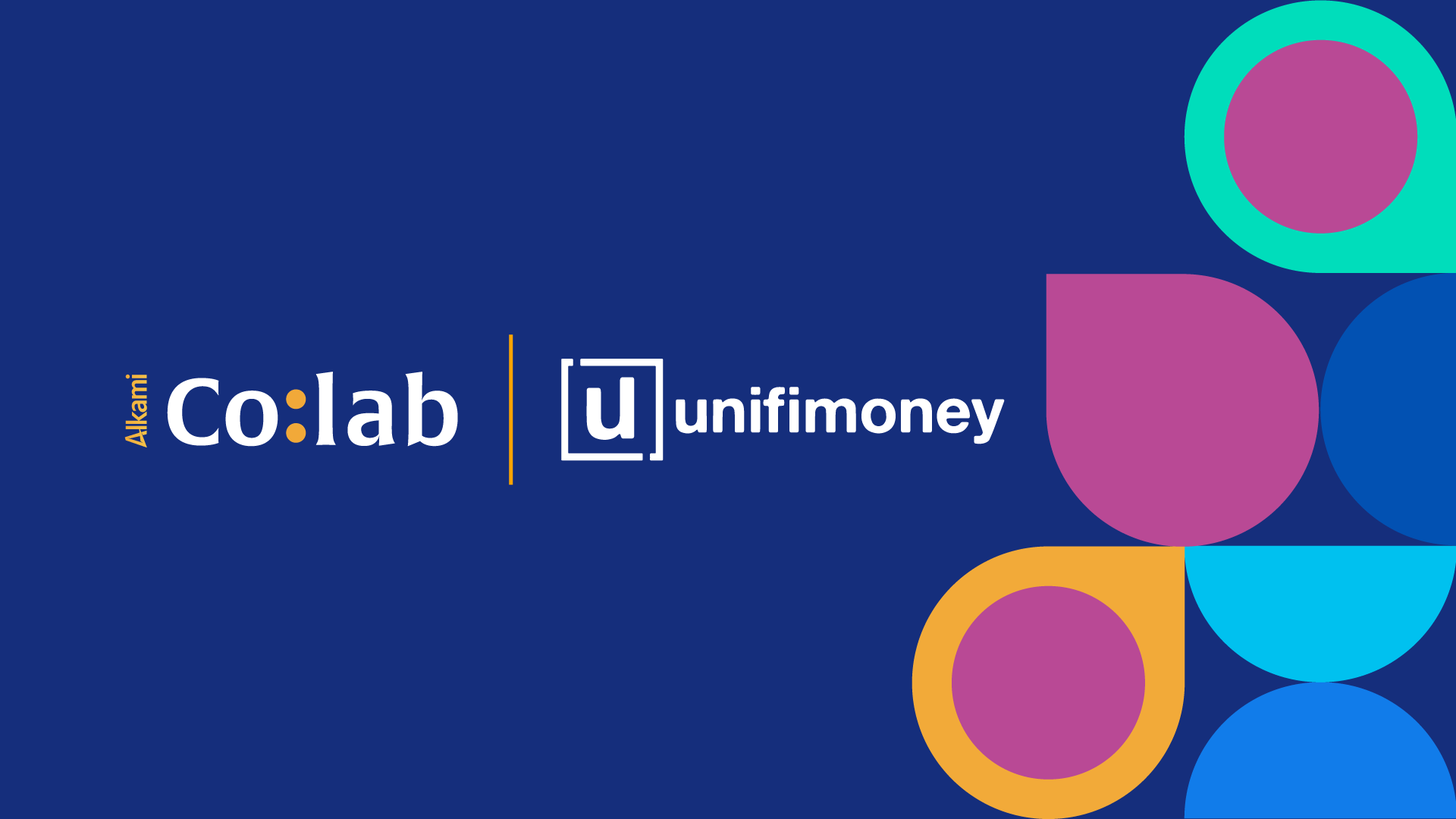Credit unions have existed in North America since 1901 when Alphonse Desjardins founded the first, “Caisse Populaire de Lévis” in Quebec, Canada. Alphonse sought to serve the financial needs of ordinary people, particularly those with limited access to traditional banking services.
Today, credit unions continue to exist to serve their members’ financial needs in a cooperative and mutually beneficial manner. 4,645 federally insured credit unions collectively serve a growing member base of 138.8M Americans, servicing loans of $1.59 trillion and managing total assets of $2.23 trillion (source: NCUA Credit Union System Performance Data: 2023 Q3).
The last 20 years have seen radical changes in how ordinary people manage their money through technology and the emergence of a new class of competition across all money in general – fintech startups. These changes have brought about greater access for consumers, and fiercer competition for financial institutions than ever before. Not just in banking, but in all aspects of financial life. One of the most powerful of these changes has been the ability to reduce the barriers and costs for ordinary people to invest.
Investing has been around for substantially longer than credit unions. One of the earliest publicly traded companies is often considered to be The Dutch East India Company, founded in 1602. However, investing until recently has been the sole preserve of the rich and powerful. It has served them very well indeed as a means to maintain and grow their money with the stock market delivering average returns of over 10% for the last 100 years.
This changed forever on April 18, 2013, with the founding of Robinhood, a fintech platform that made investing accessible to the mass market through the combined impact of the internet, smartphones, fractional investing, and zero fees. Now, consumers did not need to be rich to invest, they just needed a few dollars to participate. These changes catalyzed a tremendous shift in mass-market retail investing.
Investing today is a shockingly different phenomenon than even a few years ago. Consider a few key statistics:
Sources: Online Dasher & Federal Reserve Survey of Consumer Finances
To support the lives of their consumers, how should banks and credit unions adapt to the new reality of the financial lives of everyday Americans? Can they step in and play a role in helping more people benefit from a long-term holistic wealth management journey incorporating both their traditional banking needs and investments?
Big brand banks and traditional investment companies already did this – from Fidelity and Schwab to Chase and Citi, they all offer both complementary digital wealth management and online banking platforms. Fintechs also did the same – Robinhood and Wealthfront offer banking as a core part of their platform. Cash App, Revolut, and Chime launched investing to complement their existing services. However, banks and credit unions by and large have not.
Part of the reason for this is cost. With technology budgets in the billions, big brand banks can afford to custom build their own investment platforms.
Unifimoney recognized that for financial institutions to deliver on the promise of financial wellness for their account holders, they had to extend traditional banking to offer investing and access to personal finance content and education. This had to be accessible to all financial institutions regardless of size, at a low cost to deploy, and without the need for intensive technical development and operating overheads.
That’s exactly what Unifimoney has done in our partnership with Centsai, a leading financial education company, and Alkami. Enabling Alkami clients to offer a comprehensive digital wealth management solution within Alkami’s online banking platform.
We believe in empowering trusted financial institutions with a powerful combination of a digital wealth management platform and compelling educational content to help all Americans achieve better financial outcomes regardless of their age, affluence level, or investment experience.
We are proud to be an Elite Partner of Alkami. Unifimoney is majority owned by Palm Ventures, a Family Office backed investment company.
For more information please talk to your Alkami Sales Executive or visit Unifimoney’s website.
We look forward to meeting you at Alkami Co:lab!
